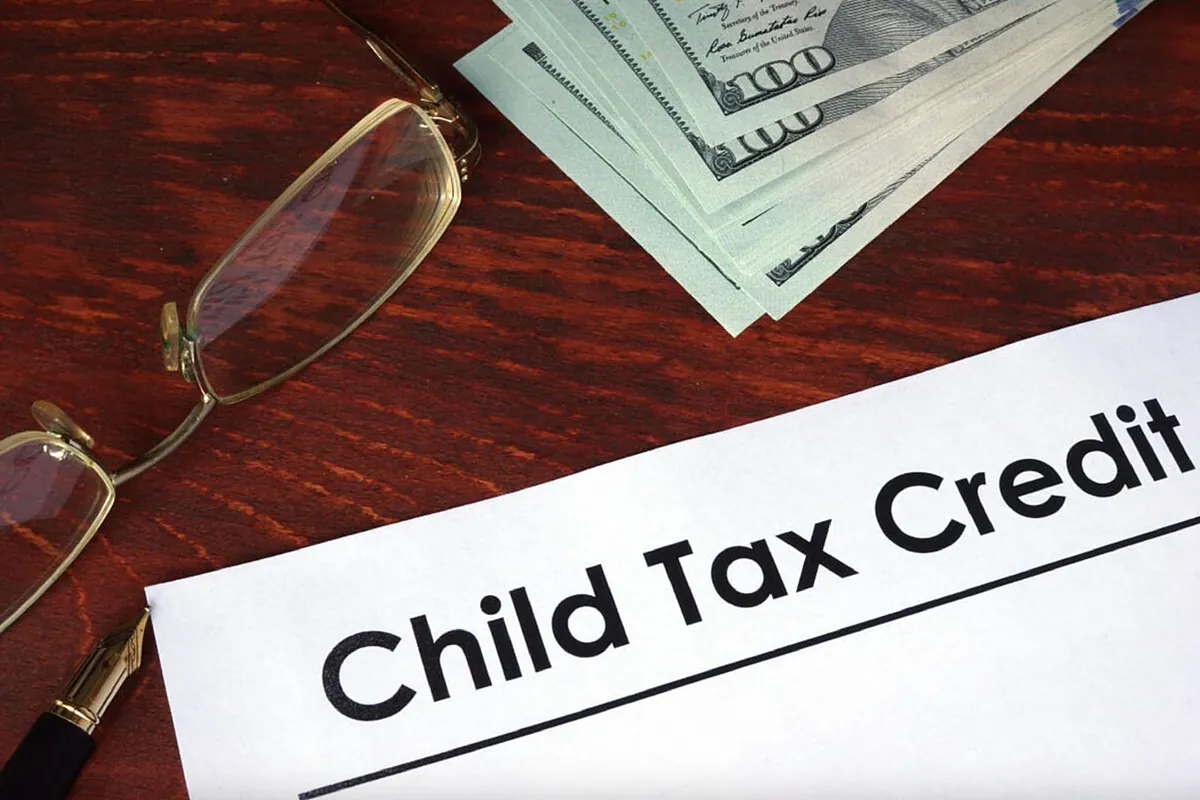New York Governor Kathy Hochul has announced a new initiative to provide supplemental checks to low-income parents under the state’s child tax credit program. These payments, set to be distributed by the end of August, aim to offer additional financial support to families benefiting from the Empire State child credit. No additional action is required from the recipients to receive these funds.

Supplemental Payment Details
The upcoming supplemental checks will offer up to $330 per child. The exact amount a family receives depends on their current Empire State child credit based on their federal adjusted gross income. Families with incomes below $10,000 will receive a payment equal to their child tax credit amount. Those with higher incomes will get at least 25% of their credit amount.
Governor Hochul emphasized that the process for distributing these payments is streamlined. “We already know what peoples’ income is so we know their eligibility,” Hochul stated. “We’re just trying to make it easier on them instead of having to file papers or go online.”
Funding and Duration
This initiative is funded by the state’s budget, with a total allocation of $350 million for this year. The funding is intended to provide immediate relief to families, but future payments will depend on the approval of additional funding in the next state budget. If approved, more payments could be available in 2025.
Rationale Behind the Payment
State Senate Majority Leader Andrea Stewart-Cousins highlighted that this measure is a direct response to the financial pressures many New York families face. She acknowledged the difficulties in raising a family and stressed the importance of governmental support in alleviating these challenges. While there has been discussion about adjusting the credit for inflation, no changes have been implemented as of now.
“Nobody disagrees that the cost of raising a family can be very, very difficult and nobody disagrees that we as government have to find a way to alleviate that burden,” Stewart-Cousins noted.
Eligibility Criteria
To qualify for the Empire State child credit, families must meet certain residency and income requirements. Eligible families must be full-time residents of New York, or be married to a resident. They must also meet specific income thresholds:
- Married couples filing jointly: $110,000 or less
- Single parents: $75,000 or less
- Married couples filing separately: $55,000 or less
Importantly, families do not need to have received a federal child tax credit to qualify for the state credit, provided their income falls within the specified limits.
Impact on New York Families
The supplemental payments are expected to provide significant financial relief to eligible families. This initiative aims to support low-income households by enhancing their financial stability. The simplicity of the process, combined with the direct financial assistance, is designed to ease the burden on families without adding administrative hurdles.
Future Considerations
While this year’s payments are set, the future of the program depends on forthcoming budget decisions. The state’s allocation of $350 million for this initiative reflects a commitment to addressing immediate needs, but sustainability will require ongoing support and potential adjustments in future budgets.
The state’s efforts to provide additional support through the Empire State child credit program reflect a broader recognition of the financial challenges faced by many families. As discussions about potential adjustments and future funding continue, the focus remains on ensuring that assistance reaches those who need it most.
Conclusion
Governor Kathy Hochul’s announcement of supplemental checks for New York families represents a targeted effort to provide financial relief to low-income parents. The distribution of these payments by the end of August aims to simplify the process for recipients and ensure that families receive the support they need. With $350 million allocated for this year, the initiative highlights the state’s commitment to assisting its residents, though future funding will be necessary to sustain and potentially expand the program in the coming years.